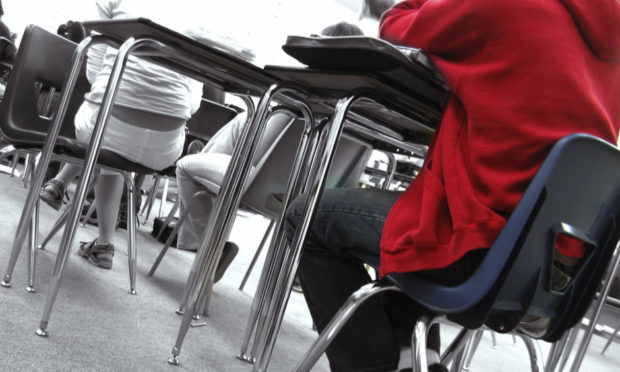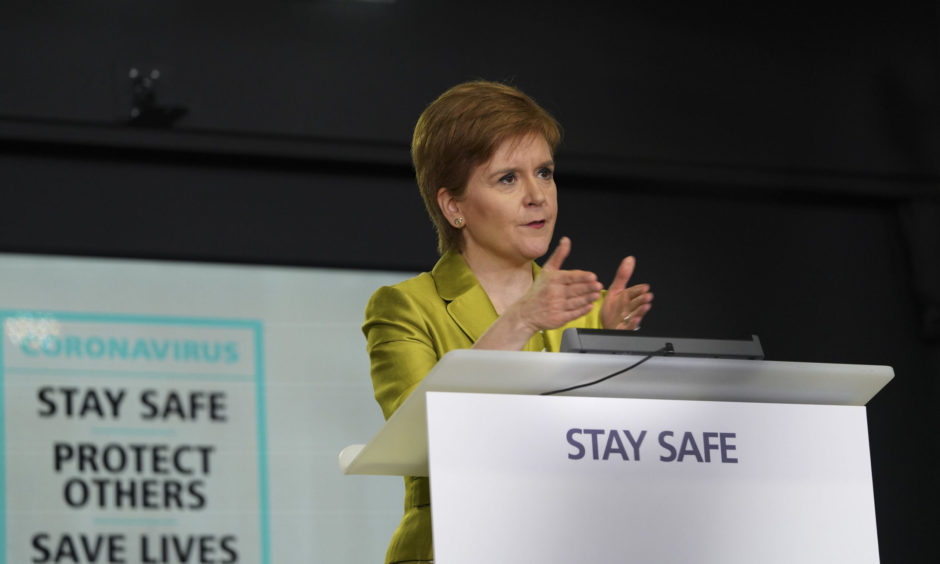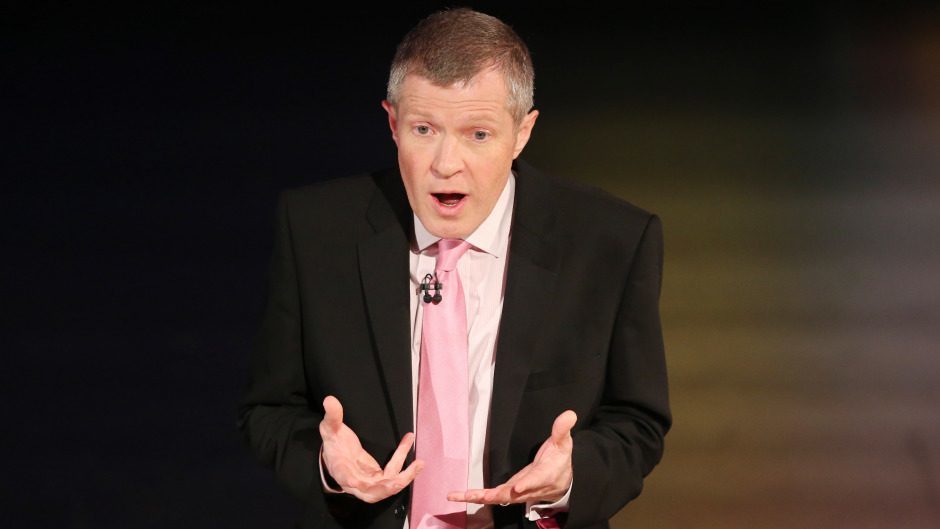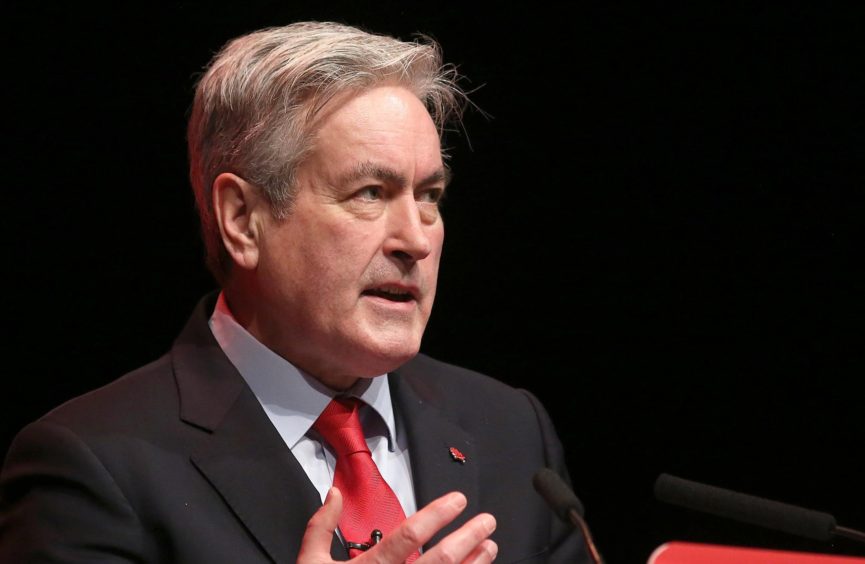This year’s exams appeals process will be “more important” than ever, Nicola Sturgeon has said, after a controversial moderation system saw thousands of young people have their grades lowered.
The Scottish Government has come under fire from pupils, teachers, education experts and opposition parties after a quarter of results were lowered by SQA moderators and some pupils were marked down based on the past performance of their schools.
Children from poorer backgrounds appeared to be the worst affected, with figures showing a 15% gap between the actual and estimated pass rate for children in the most deprived areas, compared to 7% for those in the least deprived areas.
Concerns have also been raised about teachers being “overwhelmed” with appeal requests when children return to classes next week because the methodology for assessment was only released on the day results were received.
Speaking during the Scottish Government’s coronavirus briefing in Edinburgh, Ms Sturgeon rejected criticism from Professor Lindsay Paterson, one of Scotland’s leading experts on education, that the basis for reducing grades had been “arbitrary”.
The first minister said she understood the initial moderation may leave individual pupils feeling hard done by but the appeals process would mean young people should not consider this week’s results as the end of the process.
She said: “What I would say to young people who are disappointed in the results they got is I understand that and I am really sorry that we had a situation this year where we had to put in place something different because of the pandemic.
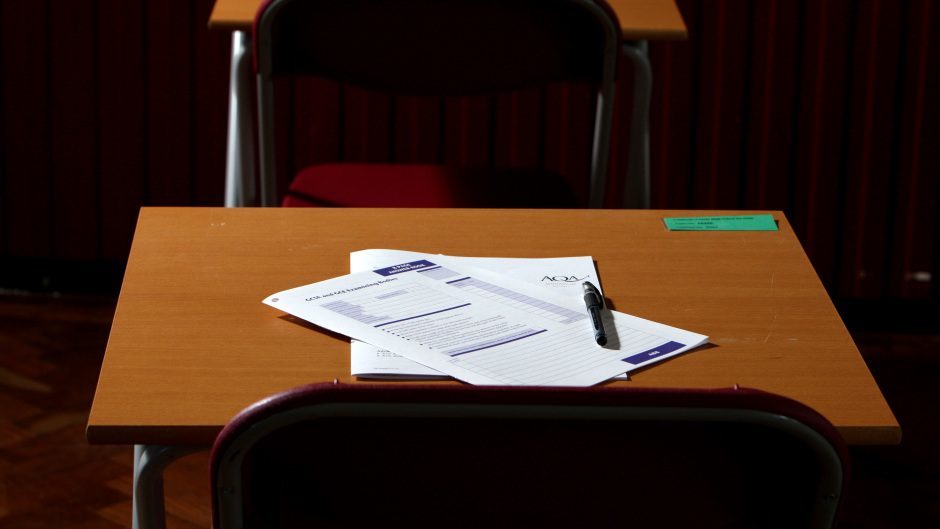
“We are trying to get it right, not just on a headline statistical level – that’s not unimportant because we want employers to look in future years at the 2020 results and not think that they are not valid, so we want there to be a credibility about them with those who did well included in that.
“Now we want to make sure that young people who feel they have not had fair results, they get the chance to have their own individual circumstances looked at.
“I know this is really difficult for young people but we and the SQA are determined to try to get it right in a year that none of us would have wanted because of the unprecedented circumstances we’ve had to confront.”
School exams in Scotland were cancelled for the first time in modern history this year, with the grades of pupils worked out using estimates made by their teachers based on their performance over the year.
Ms Sturgeon said any pupils who felt disadvantaged by the SQA part of the process – where the judgement of teachers was in some cases considered too lenient – will “get the chance with their teachers to put forward that evidence”.
The opportunity to sit formal exams to better results has been ruled out, despite warnings well performing pupils in average schools could be “shackled” by historical results over which they have no control.
Scottish Liberal Democrat leader Willie Rennie has called for talks with universities and colleges over admissions criteria and deadlines, and claimed “thousands have been let down by the government just when they needed it most”.
Mr Rennie said he “cannot fathom why there was no early transparency, scrutiny and discussion of the complex methodology” used by the SQA, which he claimed had led to an injustice “on such a large scale”.
He added: “That this comes within weeks of the re-opening of universities and colleges and within days of the full-time restart of school only compounds the injustice and limits the opportunity to rectify.
“Because of the secrecy and delay time is now running out.”
Meanwhile, Scottish Labour education spokesman Iain Gray called on deputy first minister John Swinney, who is also education secretary, to ensure the appeals process guarantees pupils are not marked down based on their school’s record.
Mr Gray said there would be no confidence in the appeals process unless the SQA makes clear the “discriminatory framework” has been abandoned, adding that any failure to do so would make Mr Swinney’s position “untenable”.
Mr Swinney rejected any suggestion poorer pupils were penalised because of the school they attend because the data “does not bear this out”.
Speaking to the BBC’s Good Morning Scotland programme, he said pass rates for pupils in the most deprived areas were higher this year than last year, while the attainment gap between the wealthiest and poorest pupils had narrowed.
